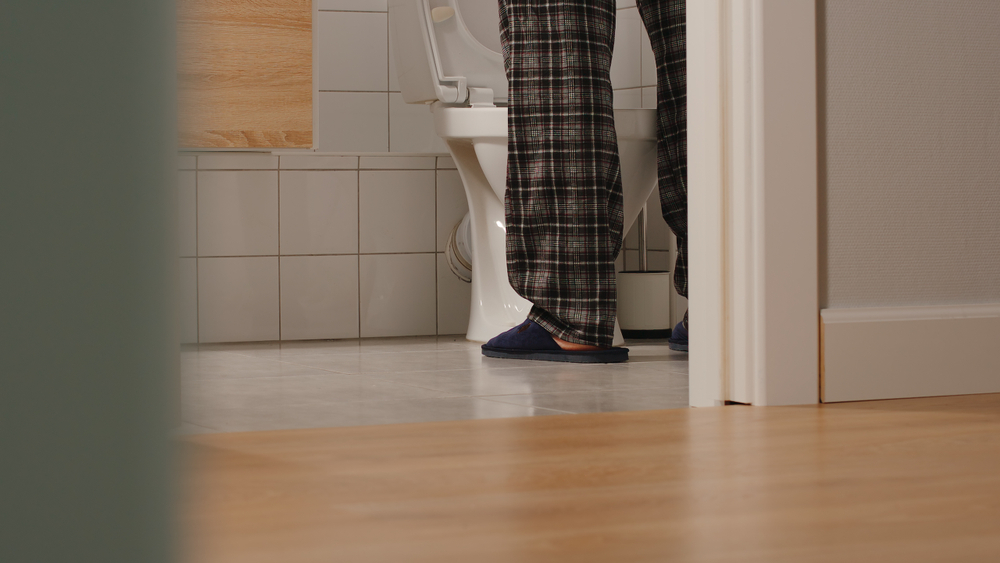Signs of Gambling Addiction in Seniors
Category:

Have you ever heard of a casino being referred to as “the new senior center?”
We can all picture old people gambling at a row of slot machines – it’s a common scene we see in movies and real life. Casinos can feel like a great place for seniors – it offers them a hobby, mental stimulation, a way to get out of the house, and a place to socialize. However, casinos can also be dangerous for seniors who can easily fall into the trap of gambling addiction.
According to Psychiatry.org, “gambling disorder is identified by a pattern of repeated and ongoing betting and wagering that continues despite creating multiple problems in several areas of an individual’s life.” This can look like frequently thinking about gambling, gambling to try to escape negative moods or stress, lying to hide the extent of gambling, continuing to gamble after a big loss, or losing opportunities or relationships due to gambling.
Why Do Older Adults Gamble?
Seniors, especially the recently retired, can suddenly find themselves with a lot of free time on their hands and nothing to do. Gambling gives them something to do and often somewhere to go as well. It offers a thrill not found while sitting on the couch watching your favorite TV show. It can also provide a social connection – whether you go to the casino with a group, perhaps from a retirement home, or you are just around people while gambling.
But older adults, especially those on a fixed income, can quickly go through funds without realizing it and suddenly find themselves in financial trouble. If they are struggling with cognitive decline, they may not understand the probabilities of winning or losing, or they may have difficulty resisting the urge to continue gambling. Like any other addiction, gambling is a slippery slope, and knowing the signs of gambling addiction can help you keep your loved one safe.
Signs of Gambling Addiction
Signs of a gambling addict can be difficult to spot, especially if the senior is reluctant to talk about their gambling habits. Some things to look for are:
- Unexplained financial difficulties or requests for money
- Neglecting regular activities to take part in gambling
- Secretive behavior or reluctance to discuss finances
- Emotional distress related to gambling activities or responding with anger or dishonesty when asked about gambling habits
- Selling personal items to get funds
Don’t be afraid to ask questions and get more information if you think you see signs of a gambling addict. Early identification is key to preventing the addiction from progressing.
Treatment for Gambling Addiction
There is hope for seniors – or anyone else – struggling with a gambling addiction. Counseling is generally considered the best treatment option. Cognitive Behavioral Therapy helps seniors identify and modify the thought patterns driving their behavior. Group therapy is also beneficial, as it provides community support for seniors to discuss their experiences and reduce feelings of isolation. Family therapy can also be helpful as a way to repair relationships and build a support network.
Additional support can be found at:
The important thing to remember is that you and your loved one are not alone, and there is support out there. Don’t be afraid to go out and get help.
To learn about our home care services, contact our caregiving team today at 1-800-GRISWOLD or find a Caregiver near you.
Subscribe
Date: 2025-09-11
Category:


